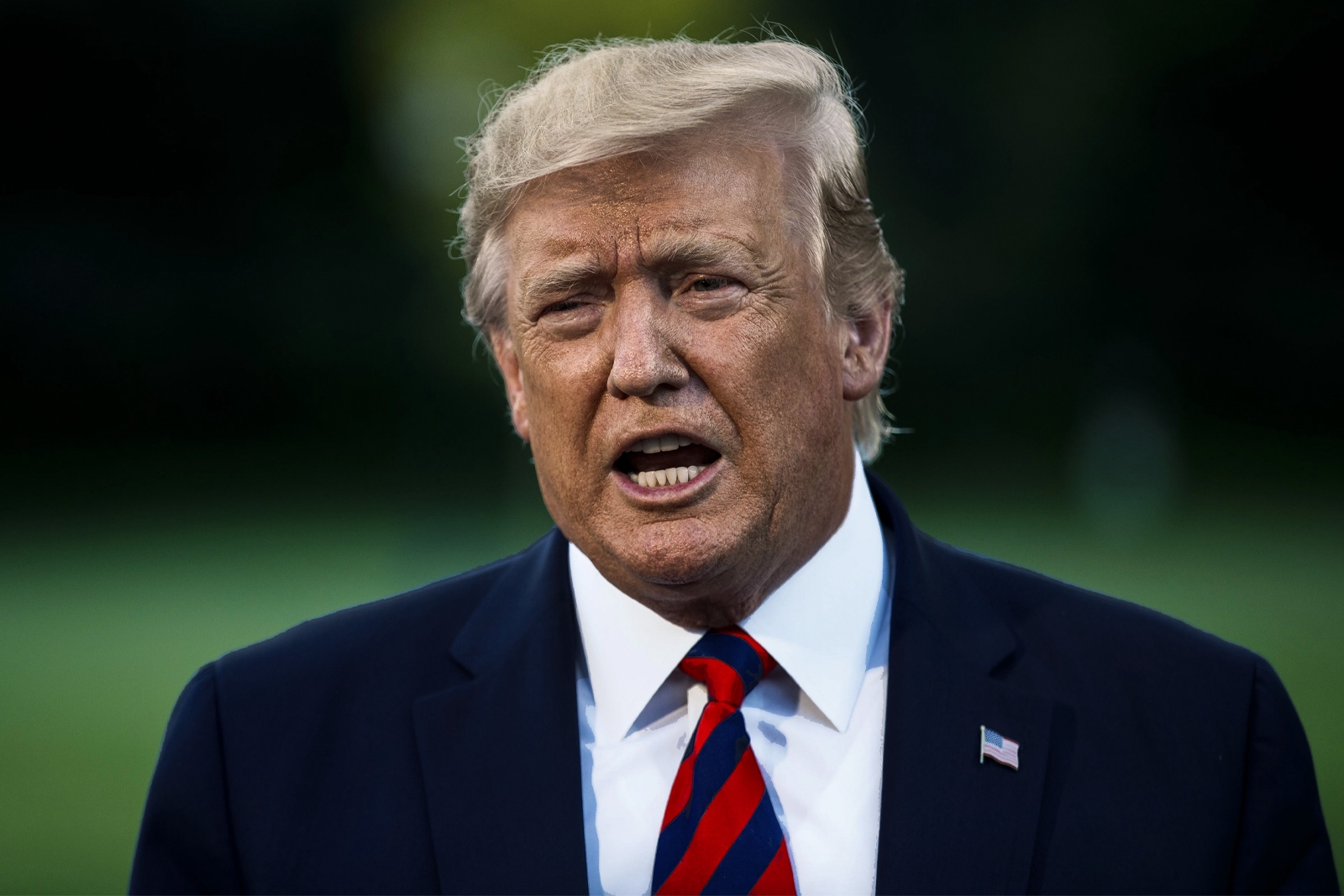
Trump 2.0 Means a Return to Oddball Diplomacy
The early days of the Trump 2.0 transition are underway, and alarms are already ringing across Washington as the new-yet-familiar president unveils his Cabinet picks.
Florida Senator Marco Rubio is a conventional choice as Secretary of State, offering a sense of continuity and stability in the midst of upheaval. However, the selections of Tulsi Gabbard as Director of National Intelligence and Congressman Matt Gaetz as Attorney General have prompted widespread shock and incredulity in both houses of Congress, including among several prominent Republican lawmakers.
The central question now buzzing around Washington’s political circles is whether Trump’s second-term foreign policy will lean toward the pragmatic approach associated with Rubio or the unconventional worldview embodied by Gabbard. For America’s closest allies, particularly Ukraine, the answer holds enormous implications.
Gabbard, a former Democratic congresswoman and Vice Chair of the Democratic National Committee has long attracted criticism for her repeated alignment with Kremlin-friendly narratives. Her commentary on Ukraine, in particular, has frequently mirrored the rhetoric of Vladimir Putin and his supporters. Her appointment to such an influential role sends an ominous signal to Kyiv. For Ukrainian President Volodymyr Zelensky, this development is less a setback and more a hammer blow to his nation’s territorial integrity and aspirations for sovereignty.
Trump, who prides himself on being a dealmaker, has always embraced unconventional methods. Yet, his reliance on unorthodox tactics during his first term often produced subpar results. The return of his trademark approach—defined by an ensemble of outsiders and unconventional strategies—is already becoming apparent.
Among the most surprising figures in Trump’s orbit, this time around, is Elon Musk. The billionaire, known for Tesla, SpaceX, and his recent acquisition of X (formerly Twitter), has no diplomatic experience yet seems inseparable from Trump during these early transition days. Musk appears to be assuming a role similar to that of Jared Kushner in 2016: the behind-the-scenes facilitator tasked with bridging gaps and opening doors.
It remains to be seen how this arrangement will impact America and the broader global order. Like Gabbard, Musk has, at times, echoed Kremlin-friendly views on Ukraine, even as his Starlink satellite system has provided critical support to the Ukrainian military. Complicating matters further, Musk has substantial business interests in China, a country Trump has pledged to tariff “from top to bottom.” This convergence of personalities, egos, and conflicting interests sets the stage for significant unpredictability—and possibly turmoil.
China is far from the only potential flashpoint. During Trump’s first term, Kushner played a critical role in establishing backchannel communications with another geopolitical rival: North Korea. Musk, for now, appears to lack connections to the Hermit Kingdom, but history suggests that proximity to Trump often leads to unexpected developments.
For example, Kushner’s initial entrée to Kim Jong-Un’s regime came through Gabriel Schulze, an obscure American financier specializing in “frontier finance.” This term, a euphemism for investments in volatile and often inaccessible regions, underscored the unconventional nature of Trump’s foreign policy apparatus. Schulze facilitated introductions that led to formal contact between then-CIA Director Mike Pompeo and North Korean officials. Trump’s summits with Kim Jong-Un—punctuated by the president’s infamous branding of the dictator as “Rocket Man”—yielded historic photo opportunities but few substantive results. North Korea remains nuclear-armed and deeply resistant to Western overtures.
The U.S. government is not alone in its failure to influence North Korea. Schulze’s efforts to bring Coca-Cola into the Hermit Kingdom, for example, also came to nothing. For its part, Coca-Cola distanced itself from the venture, telling Forbes that “no representative of the Coca-Cola Co. has been in discussions or explored opening up business in North Korea.”
If the Trump administration needs access to other global hotspots—such as Georgia or Ethiopia—Schulze may well resurface. Now a partner at Cerberus Capital Management, Schulze touts investments in a $100 million hydroelectric fund in Georgia and oil interests in Ethiopia (although these seem to be part of an ongoing legal case in Singapore with the Ethiopian entrepreneur Tewedoros Ashenafi).
For Trump, the prospect of engaging with high-risk international ventures seems par for the course. His business dealings abroad have often been marred by controversy. His ill-fated hotel project in Azerbaijan, famously dubbed his “worst-ever deal” by The New Yorker, remains a symbol of his fraught history with global investments. His contentious Scottish golf course faced widespread local opposition. At the same time, his much-touted hotel in Moscow—a project tied to his decision to host the Miss Universe pageant in Russia—ultimately never materialized.
Could a Moscow hotel project now find its way onto Gabbard’s agenda? In the world of Trump, stranger things have certainly happened.
